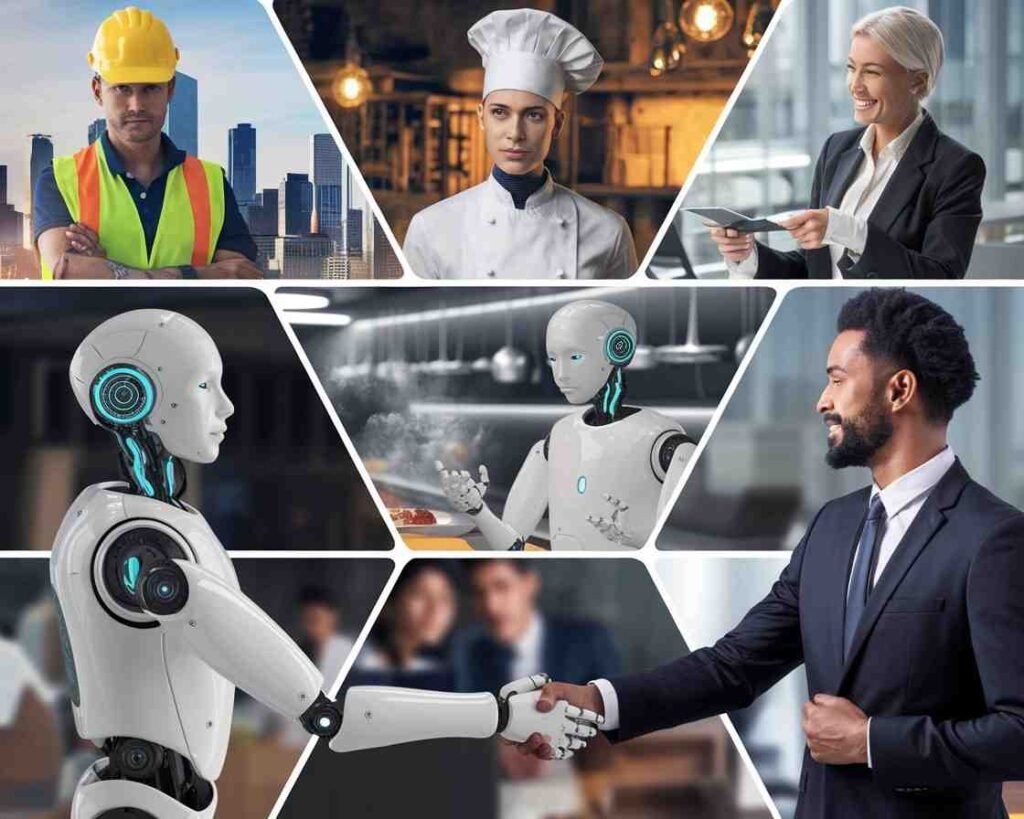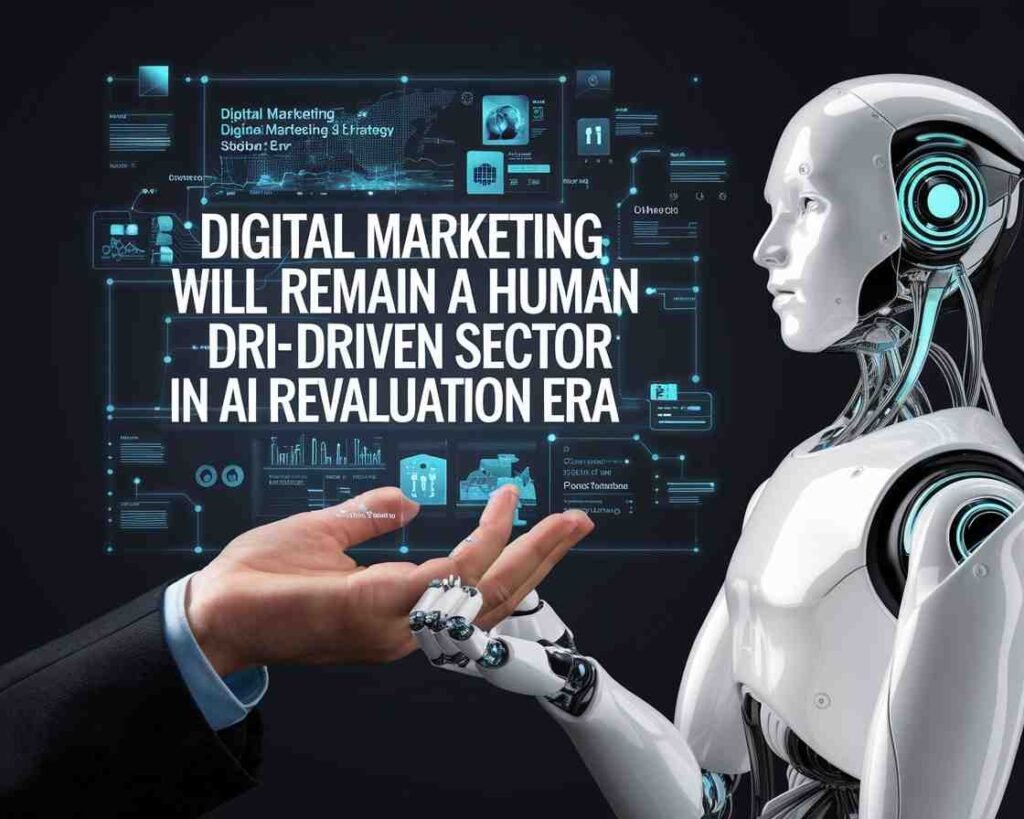What Kind of Skills Can AI Not Replace?
Have you ever thought about whether your job has become harder or easier since the advent of AI? It’s likely become easier. If you own a business, you might have noticed that tasks requiring designers or developers can now be completed independently with the help of AI tools and software.
Graphic design, web development, video editing, and even content writing – all tasks that once required a specialized professional – can now be handled by AI tools like ChatGPT, Midjourney, and DALL-E. Why would you keep someone on salary when these tools can handle the majority of the work?

Personal Experience: AI for Design and Development Tasks
From my personal experience, I can now handle design tasks that once required assistance, thanks to AI tools. With a bit of knowledge, it’s even possible to develop an app without needing a dedicated app developer.
However, a major question remains: if AI takes over all jobs, will we eventually all be unemployed? Are there any roles where human effort will always be essential, beyond the capabilities of AI?
The Future of Jobs: Creativity and Emotional Intelligence

Jobs requiring human emotions, empathy, and creativity will remain in human hands. In fact, the demand for such jobs is likely to increase. A prime example is digital marketing. The accessibility of AI has intensified competition in this field, making digital marketing skills highly valuable. Over the next 4-5 years, digital marketing is expected to be one of the most lucrative sectors. While AI can write code or create designs, marketing is a dynamic field that demands continuous adaptation. Strategies need to shift instantly based on location, target audience, or current trends.
We live in a world still ruled by humans, though this could change in the next 100 years. In the immediate future, however, it’s safe to say that human-driven purpose will continue to matter. Therefore, to stay relevant over the next decade, serving human needs and utilizing creative approaches will be essential.
Understanding human motives and incorporating creativity, especially in digital marketing, will be vital, as AI is unlikely to fully master these qualities within the next 10 years.
Why Digital Marketing Will Remain a Human-Driven Sector
Several sub-sectors within digital marketing, if mastered, can elevate you to the top level in this competitive market. These include data analysis, data engineering, data science, and machine learning, which play a role in high-level digital marketing.

Let me give an example of why digital marketing is not likely to be fully automated by AI. Imagine you fell asleep while watching a video on YouTube, but the video continues to play, with ads for various products appearing. If you were awake, you might have skipped the ad after a few seconds. However, since you’re asleep, the ads continue running, which is effectively wasted advertising spend. Now, imagine a human marketer observing that you’re asleep – they would naturally avoid wasting time presenting products to someone who isn’t receptive.
This example illustrates how digital marketing requires an understanding of human nature, taking adaptive steps accordingly. While AI can assist with certain aspects, it lacks the intuitive judgment humans apply in marketing situations.




